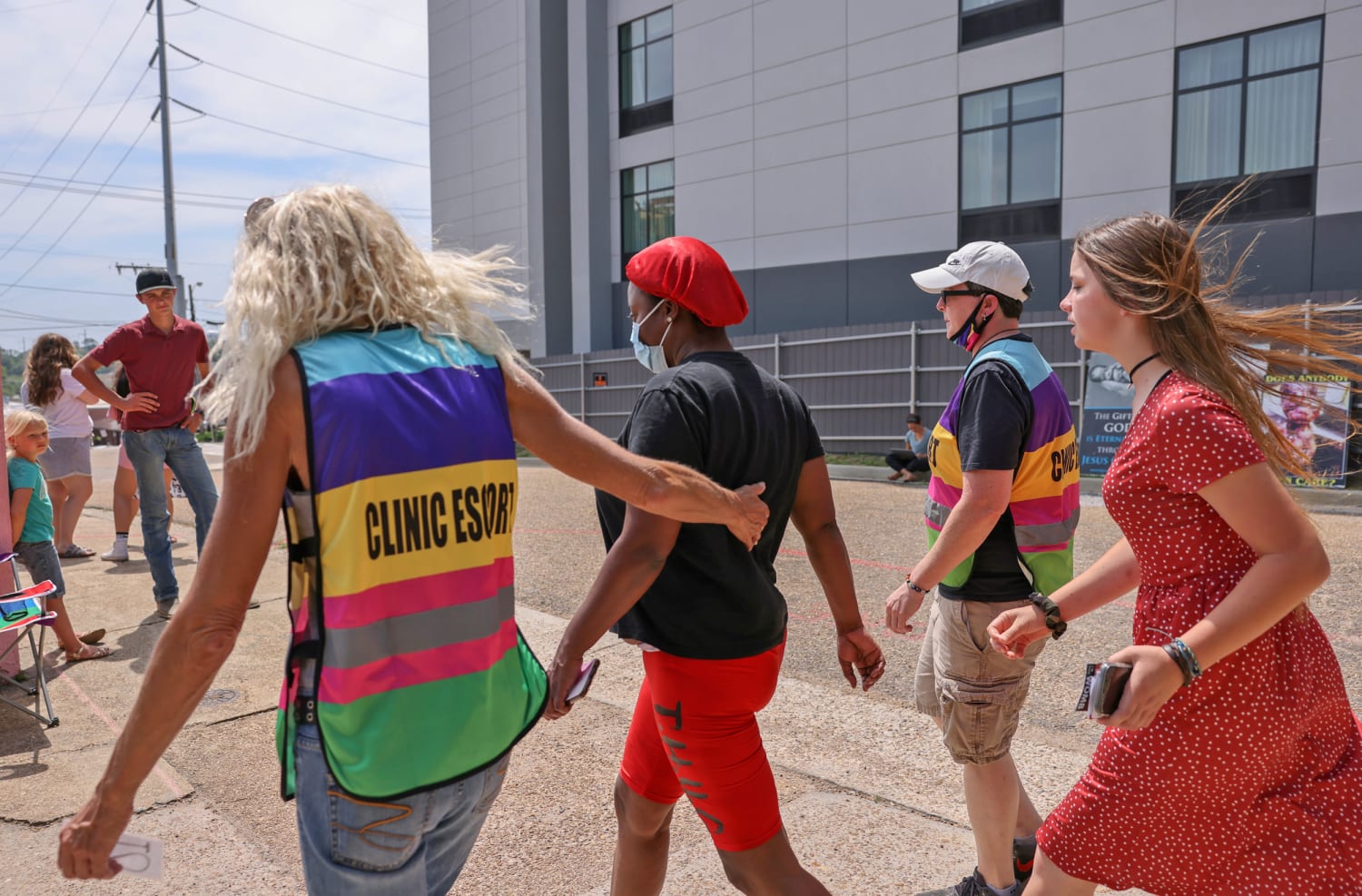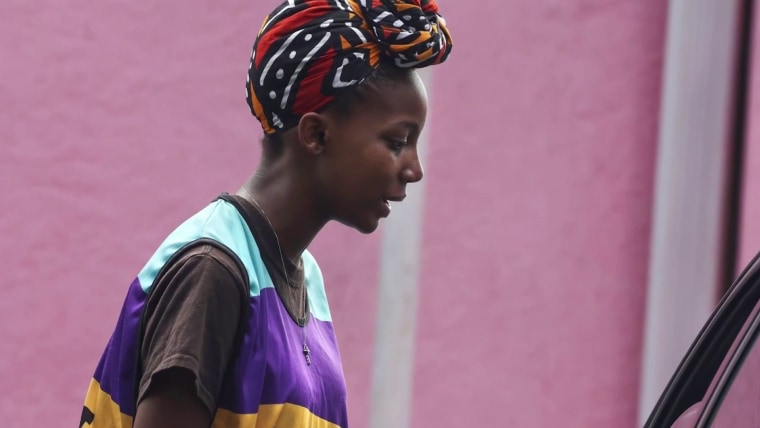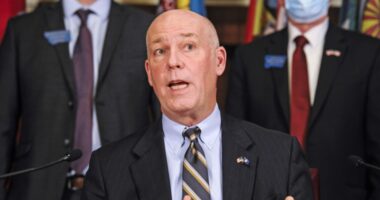Women living in economically battered communities in Mississippi with limited access to OB-GYNs are more likely to obtain an abortion after the first 12 weeks, or later in pregnancy, and have to travel farther to do so, according to a new study.
The findings, published in the journal Contraception last week, come as the nation awaits the Supreme Court’s ruling on the constitutionality of Mississippi’s ban on abortion after 15 weeks of pregnancy. The law, which has so far been barred from taking effect, defies nearly 50 years of protection for patients to obtain the procedure prior to viability, or the point at which a fetus can survive outside the womb, now considered to be at about 24 weeks of pregnancy.
The study illuminates the situation Mississippi residents will face as the court’s decision lands. For many in the Deep South, abortion access is not just limited by state regulations, but by geography and economic vulnerability as well.
The researchers, from the University of Texas at Austin, the University of Alabama and the University of California, found that 40 percent of Mississippians who had an abortion in 2018 traveled outside of the state, which the researchers said is a larger share than the national average.
Those figures could see a sharp increase if the justices agree with Mississippi’s request to overturn or scale back the abortion rights affirmed in Roe v. Wade. That could pave the way for states to enact tighter restrictions for the procedure even earlier in pregnancy.
“Having to travel to Tennessee is already challenging, but you may not be able to get your abortion in Tennessee or Alabama anymore,” said Kari White, the lead investigator of the study and an associate professor of social work and sociology at the University of Texas at Austin.
White’s team analyzed data from clinics on Mississippians who obtained abortion care in the state as well as those who traveled to Alabama, Tennessee and Louisiana for services.
Mississippi is one of at least five states that have only one abortion clinic. And researchers for the study say 80 percent of the state’s 82 counties are more than 50 miles away from a provider.
The study shows that 17 percent of Mississippians who obtained an abortion in 2018 did so at 12 weeks or later in pregnancy, which is higher than the national rate of 13 percent.
The researchers found that residents living in more economically disadvantaged areas were more likely to have an abortion later, at 12 or more weeks. And the study suggests that financial need — Mississippi restricts insurance coverage for the procedure — and access to health services that can confirm pregnancy are underlying reasons. Having to save money for an abortion and travel could further delay options to have one earlier in pregnancy.
The findings echo alarm bells from abortion rights advocates who have long contended that having only one clinic in the nation’s poorest state has resulted in abortion access being pushed further out of reach.
Mississippi requires that people seeking an abortion receive counseling and then wait 24 hours before the procedure, meaning they must make arrangements for at least two trips to the clinic. Nearby states, including Louisiana and Tennessee, have similar requirements. And multiple trips are costly. Obtaining abortion care late in pregnancy is also more expensive, as fees for the procedure increase.
Black women, who are twice as likely to be impoverished as white women in the state, also were more likely to end their pregnancy at or past 12 weeks, the study found.
“The persistence of racial differences may point to exposure to racism in health care settings and other unmeasured barriers to timely care, such as work in jobs with unpredictable schedules or limited flexibility and difficulties arranging childcare, which are common among Mississippi women of color,” the study states.
Last year, the Jackson Women’s Health Organization, Mississippi’s sole abortion clinic, extended its hours to accommodate patients affected by a Texas law that widely restricted the procedure. Challenges to that ban are still winding their way through the courts.
The Supreme Court heard oral arguments on Mississippi’s law in December and is expected to release its decision this spring.
Source: | This article originally belongs to Nbcnews.com











